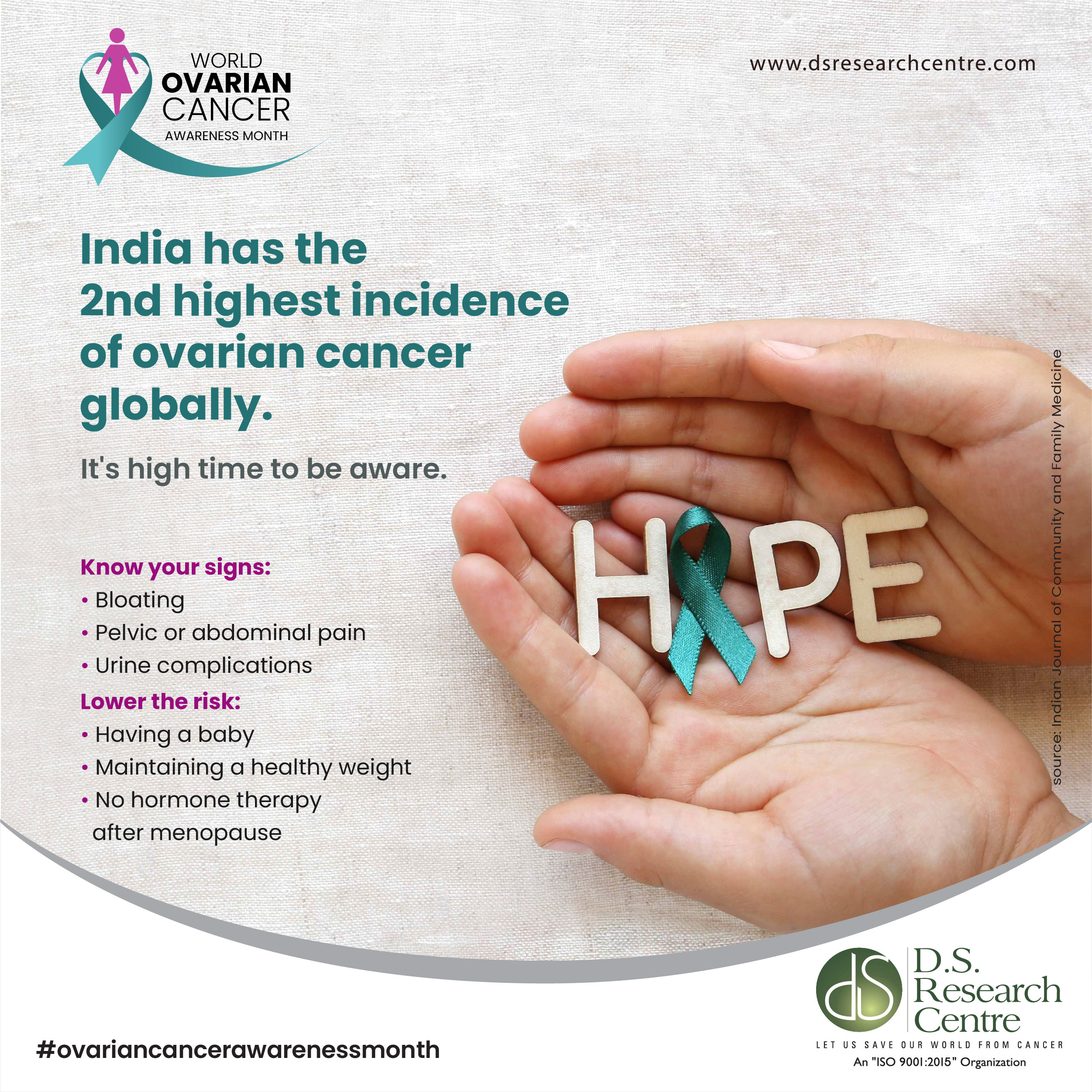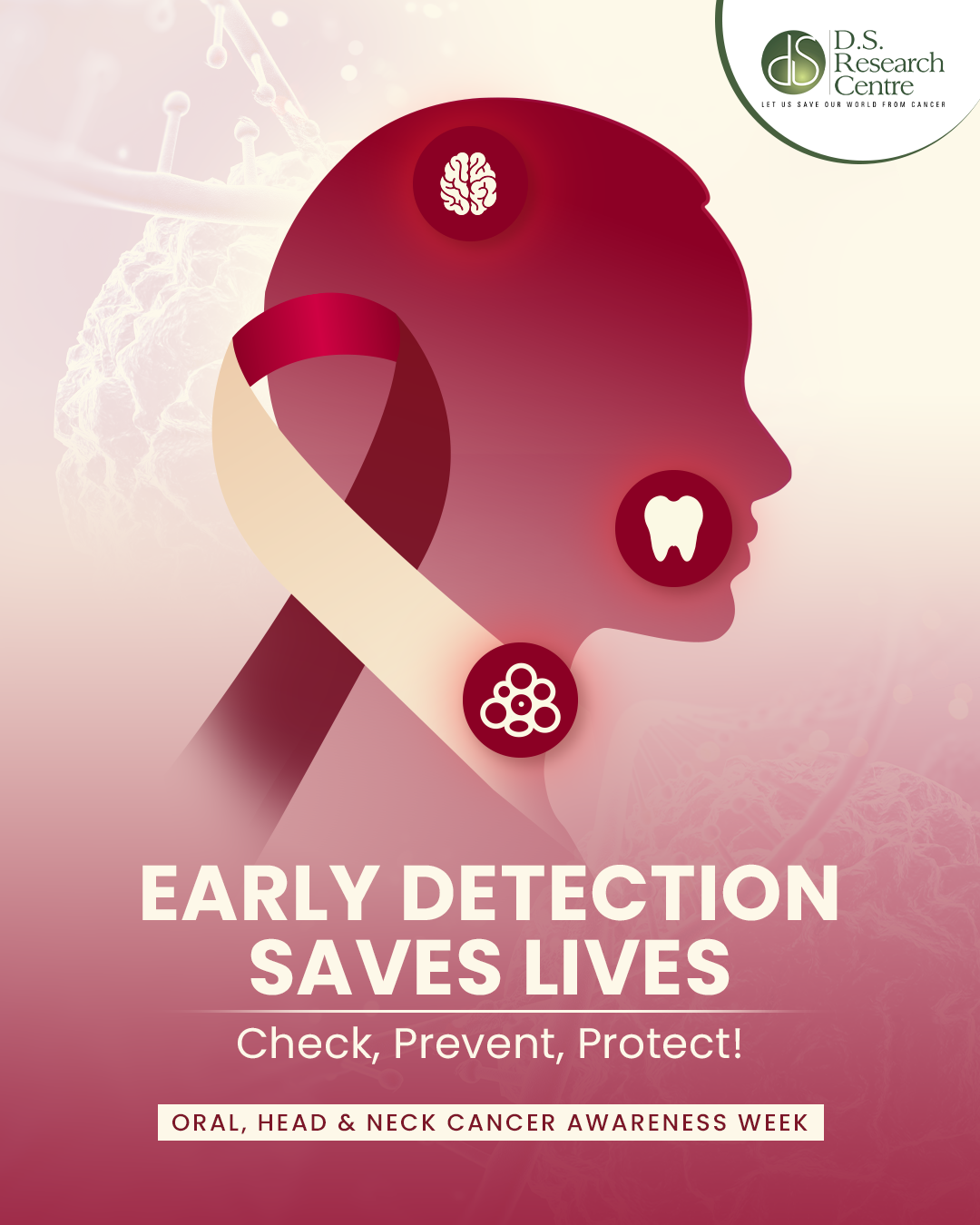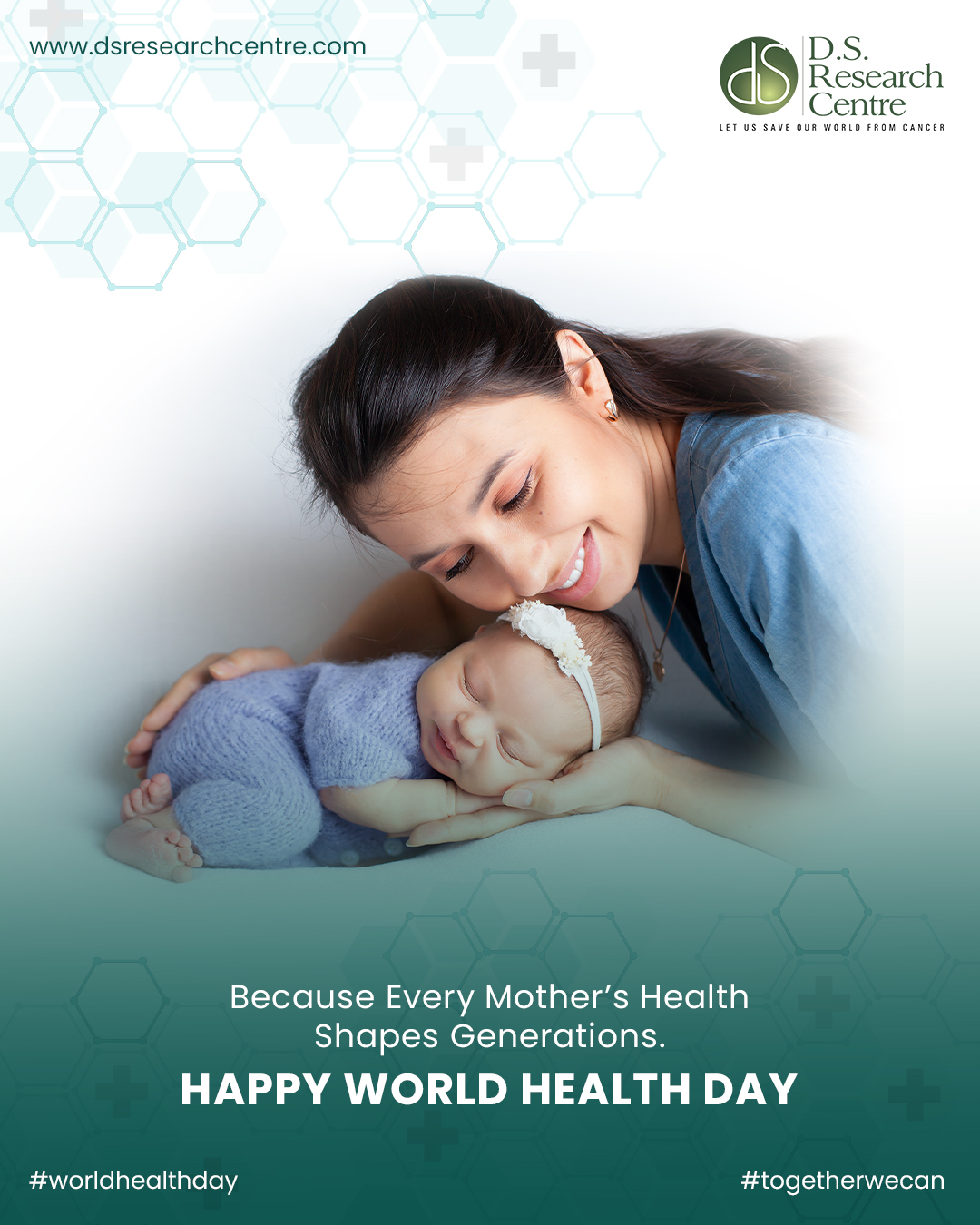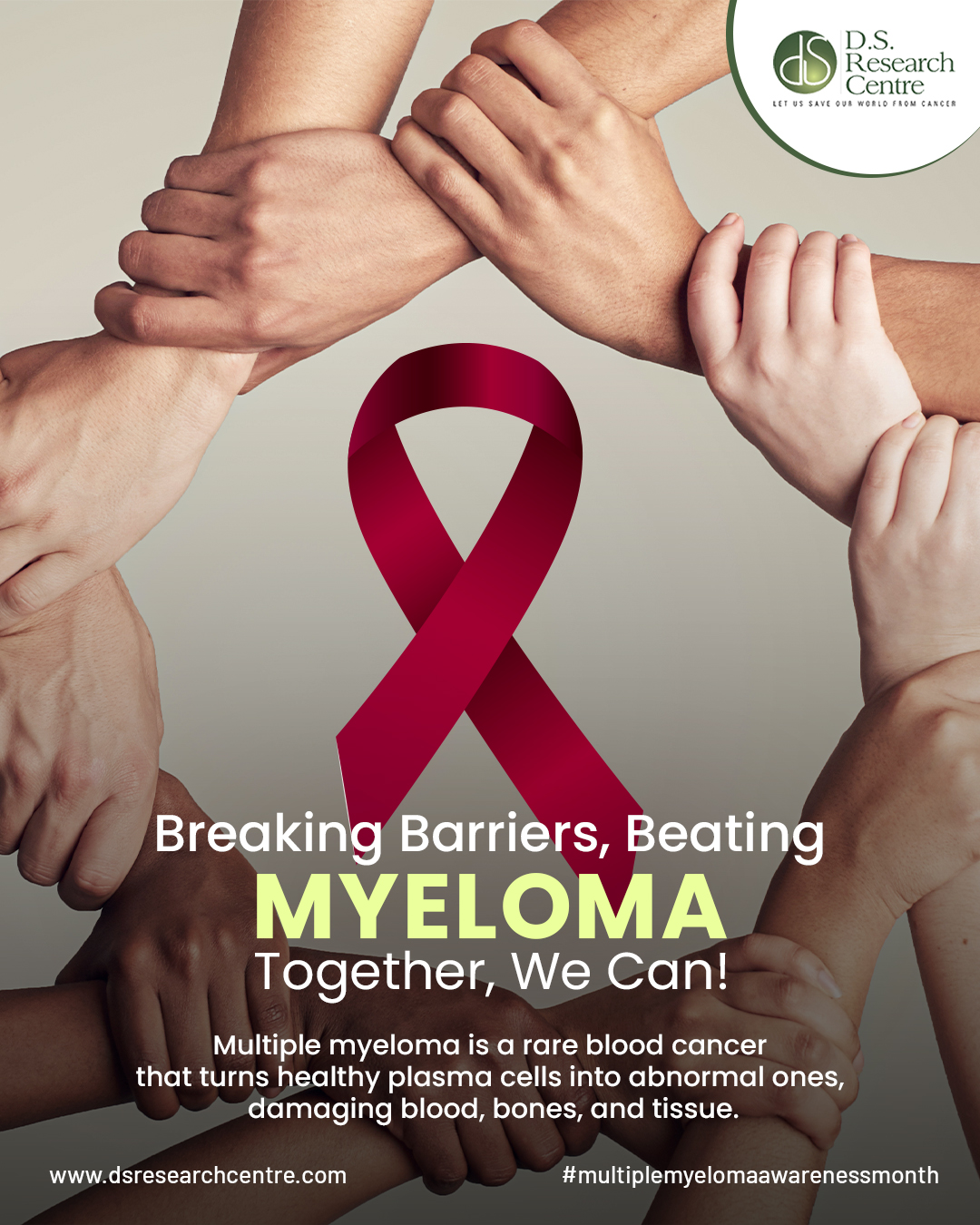Ovarian cancer, the cause of which is
unknown, can originate from different cell types of Ovary. A woman has two
ovaries located in the pelvic cavity. These ovaries are responsible for release
of Ovum and for release of hormones Estrogen, Progesterone. Most ovarian
cancers originate in the ovarian epithelium; usually presentation is as solid
masses, spreading to adjacent & distant organs.
Ovarian
cancer is the second most common diagnosed gynecologic cancer after uterine
cancer. It causes more deaths than any other gynecologic cancer. Mostly older
women are at highest risk as it is noted that women between 55 and 75 years of
age are diagnosed frequently.
Ovarian cancer is the second most
common gynecologic cancer after uterine cancer. It causes more deaths than any
other gynecologic cancer, also called as “Silent Killer” or “the overlooked
disease”.
WARNING
SIGNS NOT TO BE MISSED:-
·
Chronic Fatigue
·
Vague abdominal pain
·
Diarrhea or constipation
·
Unexplained weight loss
·
Back pain
·
Persistent indigestion, gas or nausea
SYMPTOMS
TO CHECK:-
·
Pelvic discomfort or pain
·
Abdominal pressure, swelling, or bloating
·
Urinary urgency or burning with no infection
·
Changes in menstruation.
·
Ascites or pleural effusion
·
A palpable abdominal mass
Nearly 75 - 85% of patients already
have peritoneal spread at the time of the diagnosis, which leads to some
complications noted during diagnosis such as abdominal discomfort, abdominal
pain and distension, GIT symptoms e.g. nausea, dyspepsia, constipation.
STAGES
OF OVARIAN CANCER:
1.
Stage I: - The cancer is limited to the primary organ i.e.
the ovaries.
2.
Stage II: - The growth involves one or both ovaries, with
pelvic extension.
3.
Stage III: - The cancer has spread to the lymph nodes and
other organs or structures within the abdominal cavity like colon, rectum, and
peritoneum.
4.
Stage IV: - The cancer has metastasized to distant sites
& organs, such as liver, lungs.
UNDERSTANDING
RISK FACTOR & HOW TO LOWER THE RISK
GENETIC
FACTOR:
- Nearly 15% ovarian & breast cancers are linked BRCA1 & BRCA2
mutation, inherited genetically. Genetic tests to evaluate risks should be
taken under consideration.
OBESITY: - Obesity causes increased estrogen
level, chronic inflammation, thus increased risk of cancer. Women with
BMI>30 are at more risk. Opting for
Healthy diet & exercise lowers the risk.
AGE: - Risk increases with aging; common
after 60 yrs. Peak rate is at 70 - 74 years age group, ovarian cancer at the
older age group carries a poorer prognosis.
GYNECOLOGIC/REPRODUCTIVE
HISTORY:
- Irregular menstrual cycle, Abortions, complications during child birth, first
pregnancy after 35 yrs., age, fertility treatment, Post-menopausal HRT, early
menarche & late menopause. Ovulation induction agent increases the risk by
2-3 folds, if taken for more than 12 ovulatory cycles.
Breast Feeding, tubal ligation reduces
risk by 30 - 60 %.
FAMILY
HISTORY:
- Increased by 4% in women with a first degree relative affected by cancer.
TREATMENT
PLANNING:-
Factors considered before planning
treatment for Ovarian Cancer are:-
ü the stage and size of the tumors
ü Age
ü General health
ü Future family planning
TREATMENT
PROTOCAL FOLLOWED:-
1)
Surgery
2)
Chemotherapy
3)
Radiation Therapy
4)
Biotherapy/Immunotherapy
5)
Targeted Therapy
6)
Few well known & potent herbs mentioned in Ayurveda such
as Ashwagandha, Shatavari, Haridra, Amlaki work as anti-inflammatory,
anti-tumor, immuno-boosting agents.
AWARENESS
NEED OF THE HOUR:-
Cancer
effects Woman in many different ways, affecting her Physical & Mental
health, her personal & social Life, financial condition. Stigma surrounding
women's health and cancer prevents women from discussing & seeking much
needed healthcare services. This delays the diagnosis and treatment of cancer,
leading to worse outcomes. When we talk about awareness the most effective
tools becomes the knowledge about Warning Signs, Risk Factors & Screening
Tests. Improvement in accessing methods of healthcare services is essential to
lower the incidence and mortality due cancer in women, thus improving their
quality of life. Essentially being aware of early diagnosis through effective
screening is vital action for Prevention, Early Detection, and Treatment
Procedures after detection, Post-treatment improvement in Quality of Life.








Posted on April 15, 2016
Posted on April 15, 2016